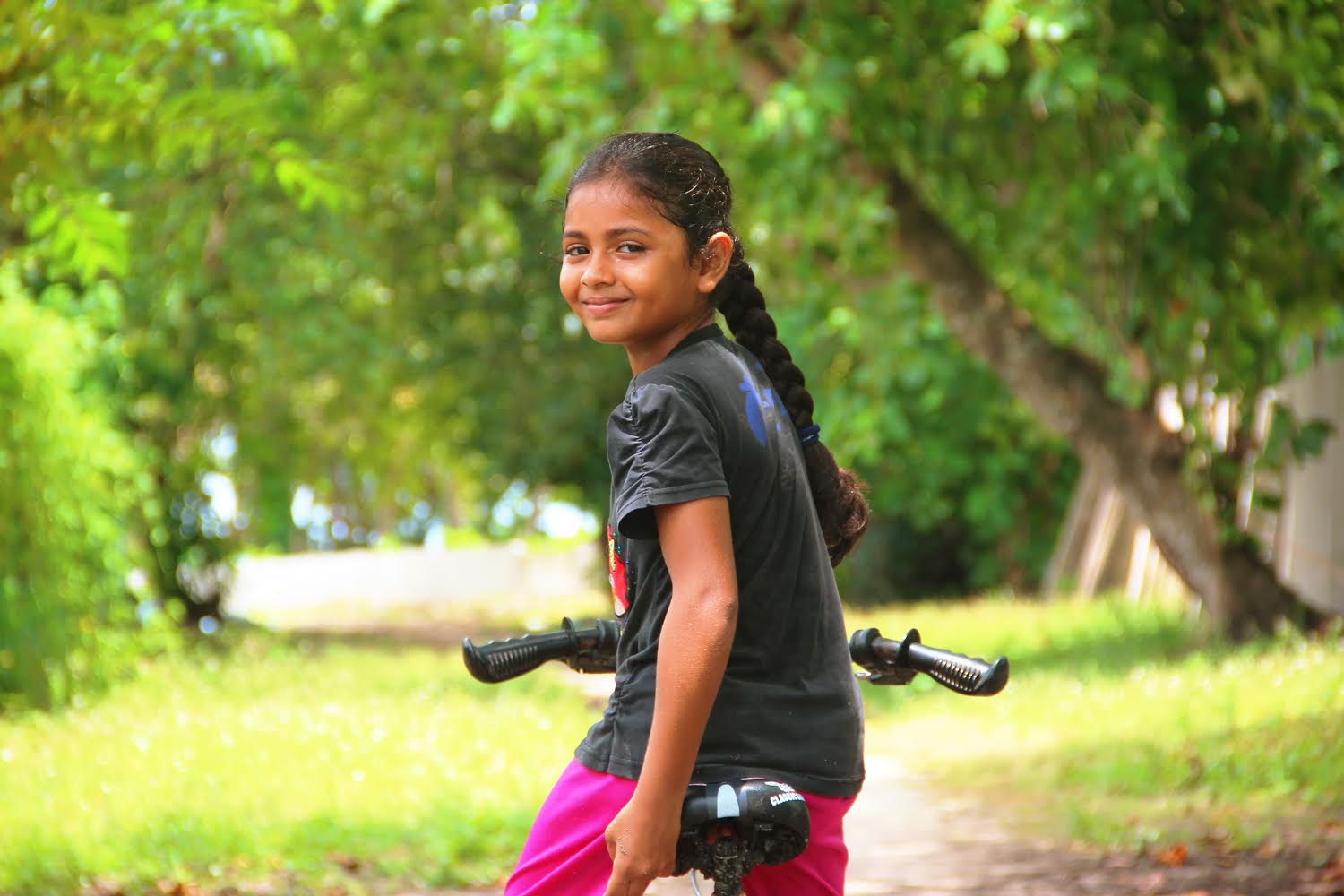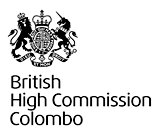
Maldives’ National and international commitments
The Maldives has taken many positive steps towards achieving gender equality and women’s empowerment, as reflected in its national and international commitments. This progress is represented by the ratification of the Convention on the Elimination of all forms of Discrimination against Women (CEDAW) in 1993, the provision for the guarantee of equality between men and women in the 2008 Constitution, the adoption of the Domestic Violence Prevention Act in 2012, and the currently ongoing process of drafting a Gender Equality Law. However, a wide gap exists between the rights prescribed in these documents and the actual realisation of the said rights in practice.
Unique challenges for girls and women in Maldives
The scarcity of resources and the difficulty in accessing them, as well as the lack of educational and employment opportunities available in several atolls have resulted in low participation of girls in higher education and more notably, in employment. Girls face unique challenges in pursuing tertiary education, particularly since most tertiary education opportunities are available only in the capital Male’ and parents are more reluctant to send girls away from home for the purpose of studies or even employment.
Maldivian Women’s under-representation in political and economic spheres
The lack of prospects for political participation, limited experience in the political arena, inadequate funding for campaigns, as well as societal and ideological views that define gender roles constrain women’s ability to engage effectively in public life. Increasing conservatism and lack of supportive working conditions also hinder women’s ability to effectively participate in the governance structure of the Maldives. This has also resulted in a push for a more private role for women.
How GRACE helps
In light of certain barriers unique to girls, GRACE Campaign focuses on girls of school leaving age – 15 to 18 years – to empower them; to enhance their capacity to make informed choices; and to create awareness amongst girls and parents, as well as the general public, on the importance of an educated and economically active female population. ARC believes that because girls’ access to economic opportunities become limited after leaving school, targeted interventions aimed at supporting them to navigate social, cultural, economic and gender barriers will contribute to the empowerment of girls and women in the Maldives. It is also hoped that this will subsequently allow women to make a greater contribution to their family, community and towards national development.


